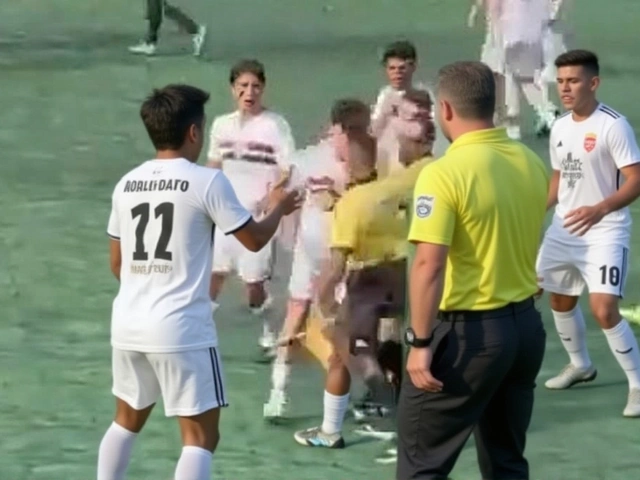Wedding Bans: Why They Happen and How to Deal With Them
If you’ve ever heard someone say a wedding can’t go ahead, you’ve stumbled onto the world of wedding bans. It sounds dramatic, but most bans are about paperwork, location rules, or specific legal hurdles. Understanding the real reasons behind a ban helps you avoid nasty surprises and keep your big day on track.
Common Reasons a Wedding Gets Banned
First off, the law can block a ceremony for a few clear reasons. One big one is the lack of a valid marriage licence. In the UK, you need to apply for a licence at least 28 days before the wedding. Miss that window, and the venue can’t legally host the ceremony.
Another frequent cause is the venue itself. Some historic churches or public spaces have strict rules about who can get married there. If the building is protected heritage, the governing body may refuse a licence to keep the site safe. Likewise, a venue might not meet health and safety standards – think fire exits, capacity limits, or structural concerns – and that can lead to a temporary ban until fixes are made.
Family or cultural bans also pop up. Certain cultures have rules about marrying outside the faith, or some families impose their own restrictions. While those aren’t legal bans, they can feel just as strong if you don’t have the backing of key relatives.
How to Navigate a Wedding Ban
When you hit a roadblock, the first step is to confirm the exact reason. Call the registry office or the venue manager and ask for a written explanation. Knowing whether it’s a licence timing issue, a venue compliance problem, or a legal restriction will guide your next move.
If the ban is about paperwork, you can often speed things up by filing a special request. Some offices allow you to pay an extra fee for a faster processing time, especially if you have a solid reason like a booked venue that can’t be moved.
For venue-related bans, look for alternative locations that meet the same vibe. A nearby chapel, a community hall, or even a licensed outdoor space can work if you’re flexible. Many couples find that a change of scenery adds a unique twist to their celebration.
When cultural or family bans come into play, communication is key. Talk openly with the concerned parties, explain why the marriage matters to you, and see if a compromise can be reached. Sometimes a simple conversation can clear up misunderstandings and lift the unofficial ban.
Lastly, keep a backup plan ready. A legal marriage in a civil ceremony, followed by a later celebration, can satisfy both the law and your desire for a big party. This two‑step approach is common when couples face unexpected restrictions.
Bottom line: Wedding bans are usually fixable with the right info and a bit of flexibility. Check your licence, confirm your venue’s compliance, and keep communication open with anyone who might object. With those steps, you can steer clear of last‑minute drama and enjoy a smooth start to your married life.
23

Shane Nolan Jr's Wedding Shock: The One Thing He Banned, Revealed by Mom Coleen on Loose Women
Coleen Nolan opened up on ITV's Loose Women about the surprising rule her son Shane Jr imposed at his ceremony with fiancée Maddie. While the exact detail was kept under wraps, the ban sparked chatter about modern wedding etiquette. The article explores the family background, the band’s rise, and why the ban mattered to fans.



